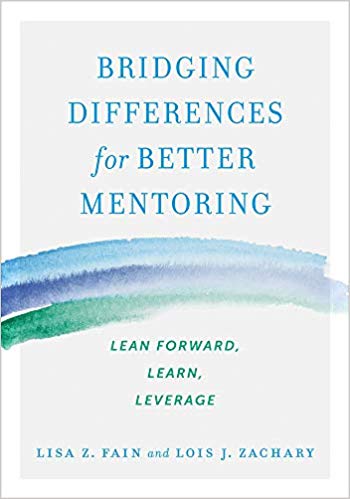
Here’s Something Good
Mentoring may have changed during the pandemic, but it remains a key component of success. Check out this short podcast to learn about what to look for in a mentor right now, and how to go about finding one.

Now Available!
MORE FROM OUR BLOG
3 Ways to Identify Cultural Differences on a Global Team
By: Art Markman June 15, 2018 (Harvard Business Review) In almost any business these days, you are guaranteed to interact with people whose cultural background is quite different from your own. In a global organization, you may have colleagues that come from a...
Dealing With Impostor Syndrome When You’re Treated as an Impostor
By The New York Times Kristin Wong June 12, 2018 Impostor syndrome is not a unique feeling, but some researchers believe it hits minority groups harder. Last May, I walked into a room of impeccably dressed journalists at a media event in Los Angeles. I tugged on my...



